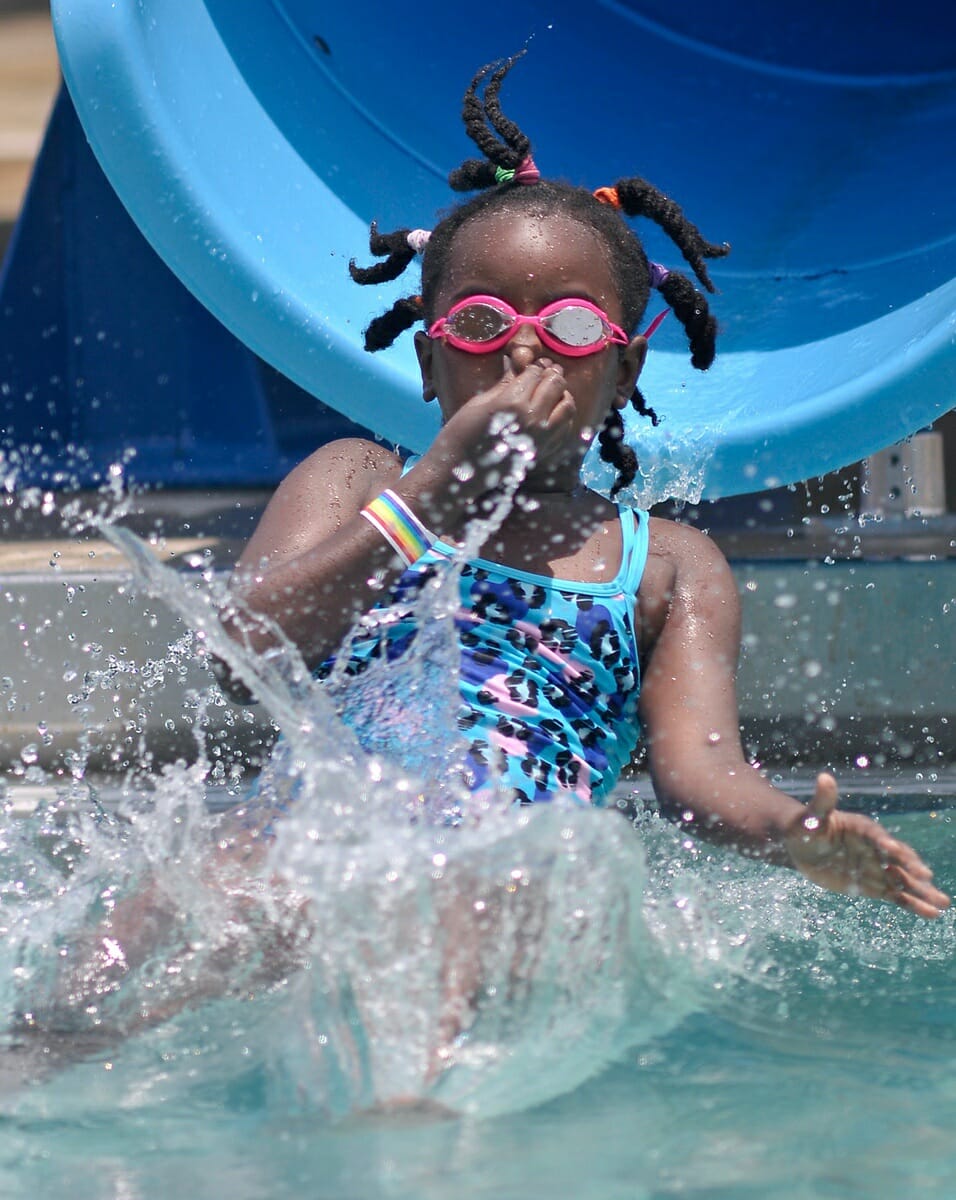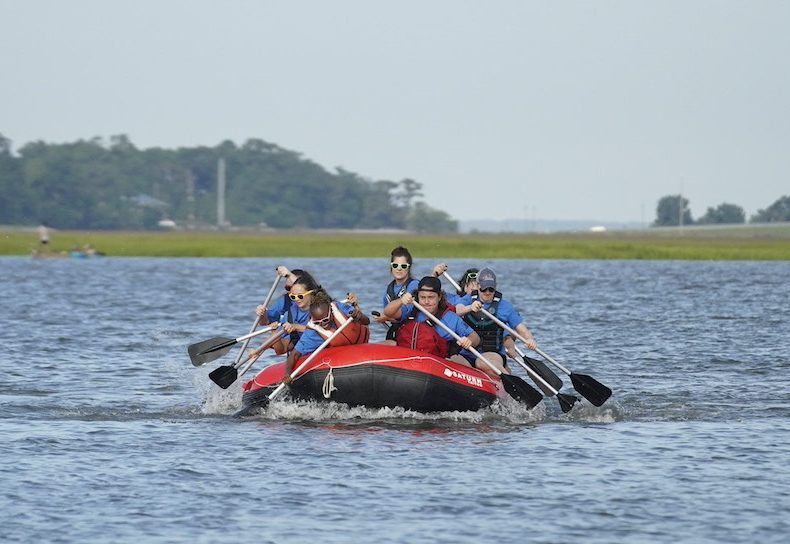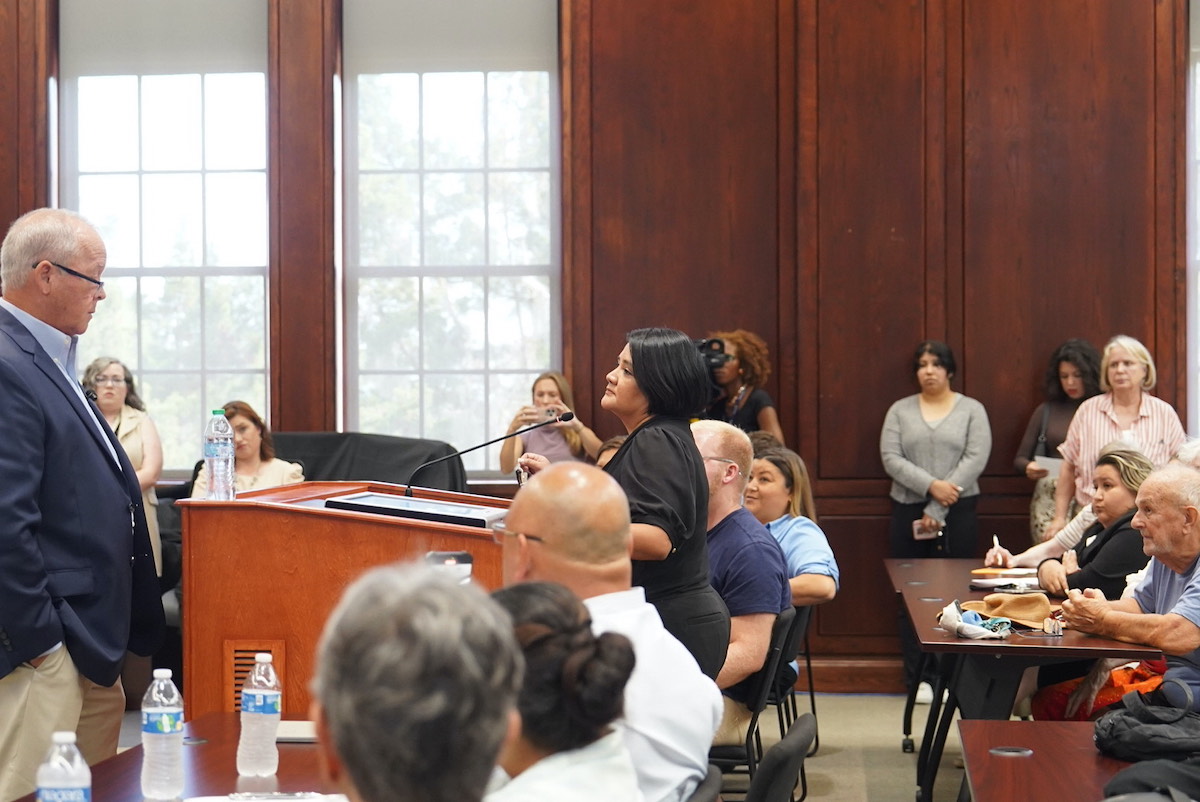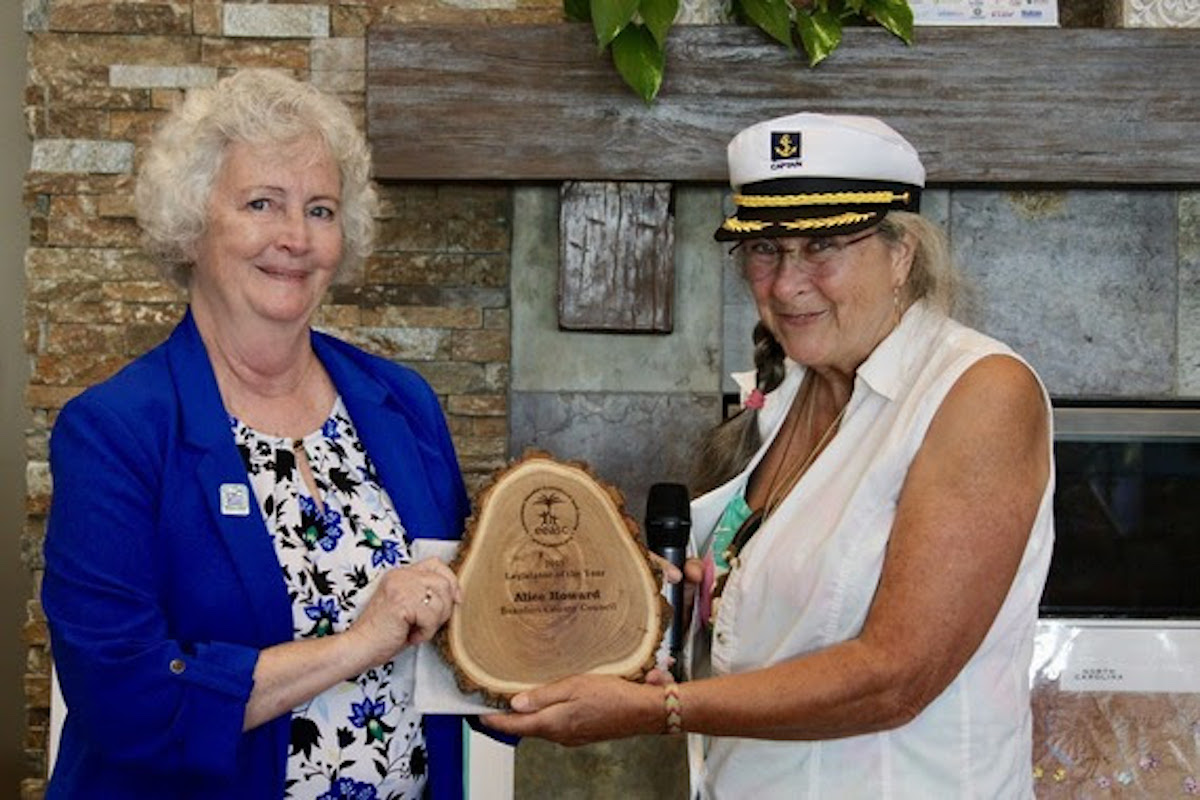After a little boy was killed by an alligator at Disney World, the animal also had to be killed. Additionally, when the boy’s dad tried to save the child, another alligator attacked. It was also killed.
Here in the Lowcountry, alligators who get too aggressive with humans are also put down. They can’t be relocated because gators are very territorial and tend to return to their original capture sites.
Nearly any water body in the coastal plain of South Carolina may contain alligators, and the mere presence of alligators in or adjacent to their natural habitat in South Carolina is a normal occurrence and not normally an emergency requiring the animal’s removal, according to biologists with the S.C. Department of Natural Resources.
The DNR also says that alligators less than 4 feet are typically not large enough to be dangerous to people unless handled, and offers these tips to stay “alligator-safe”:
• Never approach an alligator of any size, keep your distance and leave them alone.
• Never feed alligators. Not only is it illegal in South Carolina to feed alligators, it also teaches them to associate people with food. This can cause alligators to lose their natural fear of humans. In many cases, fed alligators will approach at the sight of people and may become aggressive in seeking a handout. If you see someone feeding alligators, contact the SC Department of Natural Resources at 1-800-922-5431.
• Don’t dispose of fish scraps or crab bait in the water at boat ramps, docks, swimming or camping areas. You can inadvertently be feeding alligators.
• Avoid swimming in areas known to harbor large alligators. As the size of an alligator increases, so does the size of prey that it can consume.
• Don’t swim or play in the water between dusk and dawn in areas with alligators. Alligators normally are more active during the night and can mistake splashing noises for prey. Only swim in areas designated for swimming. Higher levels of human activity found in designated swimming areas typically make alligators keep their distance. Other potential dangers include steep drop-offs, stumps, rocks and other underwater obstructions that you may not be able to see if the location is not a designated swimming area. Also, never swim alone, not just because of alligators, but also as a normal safety measure.
• Keep pets out of the water, even in designated swimming areas, if alligators are present. Pets are more susceptible to being attacked as they resemble normal prey items for alligators. Do not swim with your dog as it can attract the attention of alligators.
• Don’t approach an alligator, keep your distance and leave them alone. Alligators can move in quick bursts over short distances but normally do not try to run after people. If an alligator hisses, it’s a warning that you are too close.
• Keep a VERY wide margin. Alligators can be surprisingly quick on land and are capable of running short distances in addition to lunging at you with explosive force.
• If an alligator attacks, run fast in a straight line. The “running in a zig-zag line” is a myth, according to the South Carolina Department of Parks, Recreation & Tourism. Alligators can move quickly on land, but only for short distances. If the alligator is attacking because you have trespassed into its territory, it just wants to run you off, not hunt you down. If you are attacked, go for the eyes of the alligator. Gators typically bite and release.
• If an alligator is in a place where it cannot reasonably be expected to get back to the water without posing a risk to itself or to others, or is in a location that presents an immediate hazard, such as a road, school, pool, parking lot, etc., contact the DNR at 1-800-922-5431 or call 911. Never attempt to capture or move an alligator by yourself.
• If bitten, seek immediate medical attention, regardless of how minor the injury. Alligator bites can result in serious infections.









